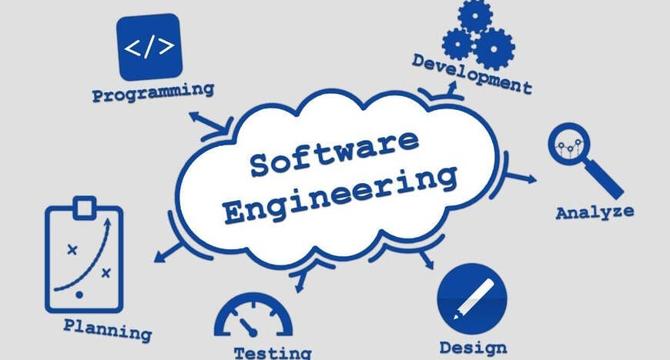Medium
3d
350

Image Credit: Medium
The Dependency Inversion Principle: The Backbone of Scalable and Maintainable Architectures
- The Dependency Inversion Principle (DIP) is a fundamental architectural principle that fosters scalability, maintainability, and resilience in software systems by inverting dependencies.
- DIP involves making low-level components depend on high-level abstractions, protecting core business logic from disruptions caused by changes in external technologies.
- Implementing DIP enables flexibility in changing tools and technologies, facilitates testability and easy swapping of implementations without affecting the business layer.
- Through DIP, teams can develop and extend systems in parallel, with clear boundaries and no tight coupling, leading to modular, testable, and scalable software architectures.
Read Full Article
21 Likes
For uninterrupted reading, download the app